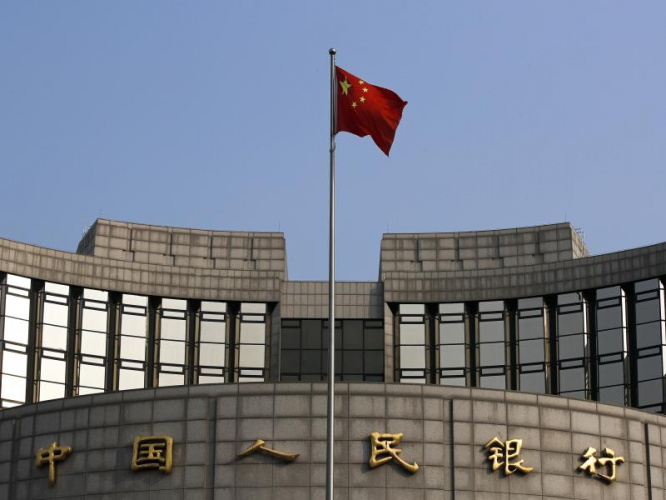By Landon Manning, Nasdaq
China’s Blockchain Service Network (BSN), the government’s ambitious state-backed blockchain infrastructure project, has continued to show substantial growth despite significant internal friction between private and state contributors.
First announced in late 2019, the BSN is intended to lay a foundation for future growth in new internet technologies in China, such as the potential development of smart cities and a wide array of new enterprises in the digital economy. The genesis of this project is based firmly within the Chinese government itself, although the engine behind this project has mostly consisted of a variety of private companies that the state organized under this single banner.
On July 21, 2020, however, internal contradictions in this development model began to show themselves. The group first announced the integration of several major public blockchain projects under the BSN’s existing umbrella, including massive new partners like Ethereum, Tezos, NEO and others. Naturally, the inclusion of these groups’ new resources would be a massive boon to the project’s ability to get off the ground.
Unease about these new partners reportedly caused some difficulties for the fledgling BSN, however, as the group also announced a split into two new groups: BSN-China and BSN-International. Asia Times reported on this development, claiming that the blame was largely due to the “pushback from [BSN’s] core, state-owned members on the public chain integrations.” Officials of the Chinese government spearheading the project may have been uncomfortable with the potential influence of these new, private enterprises, which may have been emphasizing the transparent potential for blockchain technology.
It seems unlikely that this split will impede the ultimate progress of the project as a whole, however. The Times noted that, although these two sub-entities will be independent of each other, these massive companies will be pouring their resources into BSN-International, and several of the largest BSN-China nodes will be plugged into this infrastructure at a later date.
Additionally and crucially, the project as a whole still has the firm backing of the Chinese government, with all of the regulatory friendliness such a relationship implies. Since this recent development, for example, the government is officially conducting tests for the incorporation of blockchain technology into the equity market, with regional equity markets in various major cities given the green light to incorporate blockchain technology at their own discretion. Additionally, the central bank has issued new guidelines for blockchain financial applications, hoping to serve as the blueprint for future innovations.
In short, some of the potential frictions in the BSN project have been resolved in a relatively clean manner, with the project boasting many new resources and an organizational structure from the government to keep everything working as smoothly as possible during development. The future progress of the BSN is sure to become a massively important feature of the worldwide blockchain and crypto space as it develops, and many of the major players are taking notice already.
Copyright @ 2020 Nasdaq
